Find your private online information
In order to understand the dangers of having your personal data easily accessible online, the best place to start is to find evidence of it. Once you have a sense of what information others can easily locate about you, then you can determine if you want to do something about it or not.
How to locate your personal information online:
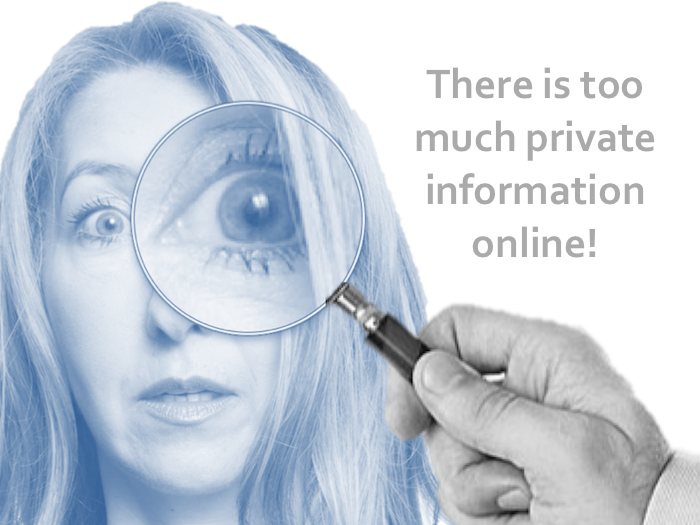 1. Enter your first and last name, your street name and your city into Google.
1. Enter your first and last name, your street name and your city into Google.
Your results should return a list of some of the many sites that have data on you. Depending upon the number of people who share your name, your personal information may jump right out at you or you may have to dig a little deeper to find it. After you identify your results, click on a few to explore and then return to this page.
2. Search for your information in a few directory sites such as Radaris, MyLife, PeekYou, Cubib.
How do sites such as these get our personal information?
Publicly available information generally originates with an individual and is created during routine business transactions, such as ordering telephone service, placing orders from a catalog, making retail purchases, purchasing a home, renting an apartment, using social media and more. Detailed information also originates from federal and state public records thanks to the Freedom of Information Act that was passed in 1967 in the United States. The intention was to facilitate transparency and accountability through the legal process and to give access to information from the federal government.
What information is excluded from public records?
Non-public information includes information that is protected from disclosure by law or by custom, such as medical records, employment records, tax returns, and some* personal financial records. * Although we may consider our real estate transactions to be personal or private, this is usually available in public records.
What type of personal data is online?
Abundant personal information is available for free and/or for a fee. Social security numbers and mothers’ maiden names can be included in public records. For example, a social security number may be included in a lawsuit filing or a bankruptcy record and since those are public, the social security number may be inadvertently made public in the process. Birth records are public records and typically contain the name of the maternal parent. This poses a danger to those who use that information as an answer to a security question for various accounts so if you fall into this category, be sure to change your security question or change your answer to it and remember it’s no longer your mother’s maiden name.
Other easy to access free information of yours may include:
- Home address
- Detailed address history
- Current and former telephone numbers
- Relatives’ names and contact information
- Your home’s sales history, property value, property details, satellite & map images
- Current & previous residents at your address
- Neighbors’ names and contact information
- Social network profiles
- Former classmates
An inexpensive paid report from one of these sites, may include all the free information above plus additional information such as:
- Criminal history including detailed records of felonies, misdemeanors, and DUIs
- Mug shots
- Driving violation records
- Marriage and divorce records
- Corporate Affiliations and business associates
- Civil Judgments
- Tax Liens
- Properties Owned
- Foreclosures and bankruptcies
- Voter Registration
- Weapons Permits
- Hunting/Fishing Permits
- Professional Licenses
- UCC Filings
- Watercraft and/or Aircraft owned
- Email addresses
… and more
Rather invasive, isn’t it? And see below how inexpensively it is sold!
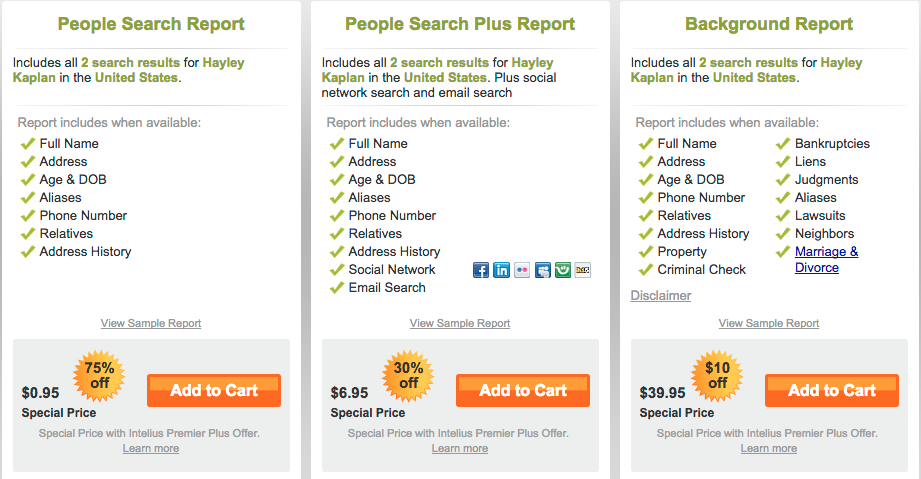
Because we consider our information to be valuable, doesn’t mean it costs others a lot of money to buy!
While it is frustrating having this information easily accessible, the sites that provide it are within their legal rights to publish it so legal action is not the way to proceed.
Why is my information online?
In theory, it’s available for reasons of government transparency. In some cases, background checks are a necessary service that can be important and beneficial. On the other hand, having all this information so easily accessible amounts to massive privacy invasion. What it comes down to is data brokers are making it available because it is profitable!
Why remove this information?
- To keep you and your family safe
- To reduce your chance of identity theft and financial fraud
- To hold onto your privacy
- To keep others from knowing information that is not their business
Is it possible to remove all of my online information?
A great deal of it can be removed, but depending upon the type of information and the reason you have for wanting it removed, you may or may not manage to have it all removed. For example, an abused spouse or child may obtain a judge’s order to facilitate the removal of all information leading to that person’s home address for safety reasons. Law enforcement personnel and public servants can have this information removed due to the obvious risk it poses to them and their families. On the other hand, a negative newspaper article about an individual cannot be easily removed.
That said, we have the ability to remove ourselves from most people directories. With removal of our names from these sites, the possibility of a paid report including the most invasive personal information goes away too.
How do I remove my information?
Here is a link to several step-by-step free tutorials to get you started. Beyond these tutorials, most directories have opt out directions on their sites – if you can’t find a removal option, you can contact them for help via a telephone number or email, if available. For greatest success, be sure to keep track of your removal requests and to follow up to make sure your information is removed as expected.
To get notification of future free tutorials for removals from other sites (plus other related articles), click here to subscribe to future blog posts.
Can I hire someone to remove the information for me?
Yes, you can, but “buyer beware!” The process is a manual one that usually requires human verification and interpretation. A computerized service cannot work effectively for all sites as many have removal limits or requirements that prevent automatic removals. Make sure you understand what is included and what is excluded (and why) before signing up for any service.
In some cases, the very sites that sell our information also offer removal services from other sites. That seems ironic and unethical, doesn’t it? I’d stay away from that type of site but you may be okay with it.
See FAQ screenshots below from a couple of removal services. How many sites are on their list? Will removal from those sites be enough based on the number of sites they do not cover? Evaluate the facts to determine if the service will meet your needs before you sign up.

Question statements such as this to understand the value of the service you’re signing up for
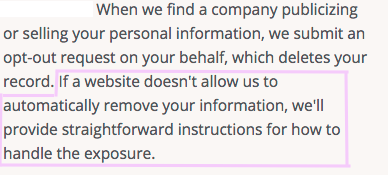
How many sites fall into this category? Which ones?
Lastly, if you’re going to begin the process of removing your online information, be sure to understand what it takes to prevent your information from reappearing. If you’re reading this article, you are taking a step in the right direction. It’s more important than ever to take control of your privacy habits before it is too late.
Until next time, … Stay Cyber Safe.



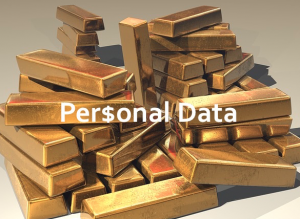

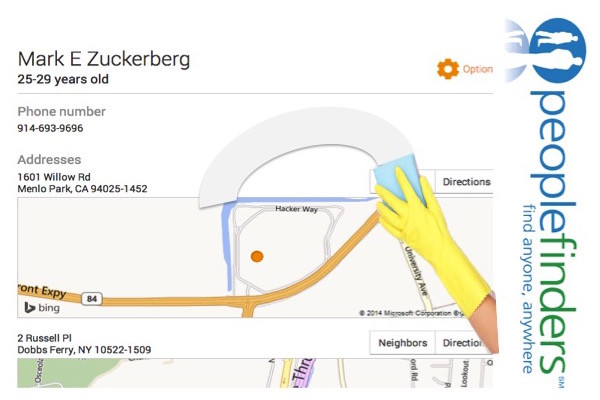
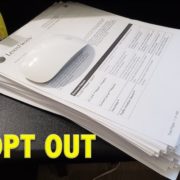
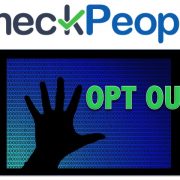

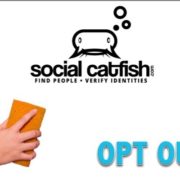

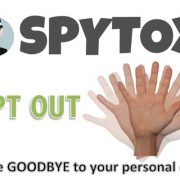
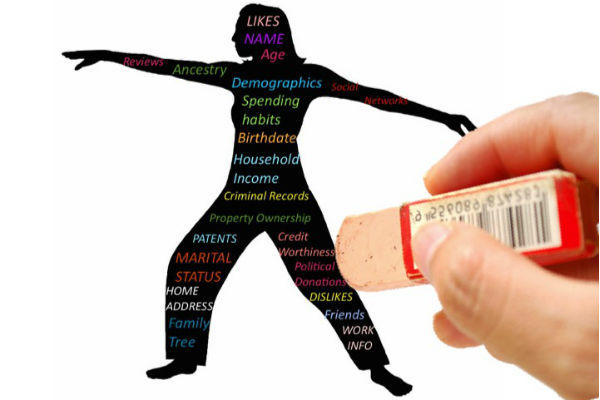


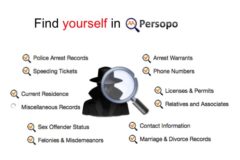
Always useful information
Keeps me on my toes about how important it is to monitor personal information!